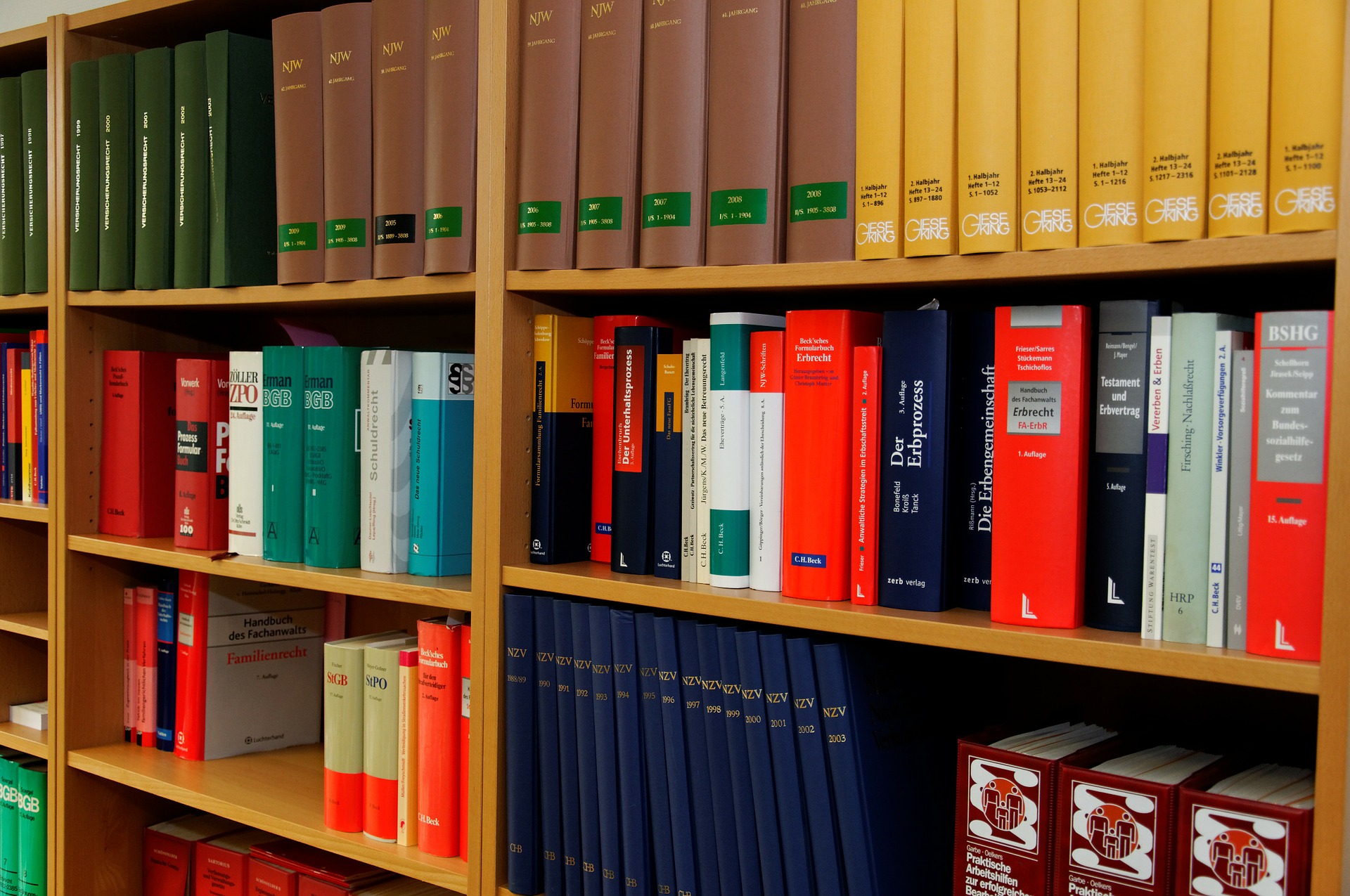The overall objective of the DIGinLaw project is to advance utilization of digital technologies in the higher education in law. There are four specific objectives.

Objective #1
DIGinLaw aims to contribute to building and advancement of performance of online HE teaching in law. This specific objective is assured by providing a quality training on digital competences addressed to law professors and lecturers. Trainings would develop digital competences of HE law lecturers at three law faculties involved and result in an advanced level of performance of online HE teaching in law.

objective #2
DIGinLaw aims to address the needs of labour market in the law profession by providing a high-quality training on digital competences to law students, as well as by their enrolment on high standard online courses. Gained transferable digital competences and skills correspond to EQF level 7 and 8 hereby addressing to the needs of the EU law profession labour market.

OBJECTIVE #3
Third specific objective of DIGinLaw is to create open online resources in law by the development of 12 high standard e-learning courses in law (MOOCs); which will be open and available not only to law students of the 3 law faculties involved but also available for students worldwide.

OBJECTIVE #4
Fourth specific objective of DIGinLaw is to foster open access research area addressing issues of digitalization of legal education and law by means of research activity (desk research, publication of written scientific papers and presentation at a scientific academic conference) in the area of digitalization of legal education and law, which will be delivered to the scientific community through an online streamed conference and an open access journal publication.
The target groups are lecturers, students, academics, stakeholders at law labour market. On the lecturers side, in particular: 17 law lecturers involved in the project as they gain high level training on digital competences; 60 professors and lecturers benefiting from the performance of the 12 MOOCs course model at the Raising awareness on digitalization of HE. On the students side, in particular: 30 law students of partner universities who will be enrolled in the summer school, law students of partner universities and other universities’ law students (including the ones with fewer opportunities) taking advantage of MOOCs created by the project, as well as 20 PhD students involved in PhD Book Club.
Minimum 140 academics and other stakeholders benefiting from intellectual outcomes of the project devoted to the modern and underexplored issues of digitalization of law. The project indirectly targets also the stakeholders of law labour market that will benefit from the free circulation of T-shaped lawyers holding transferable EQF promoted digital competences and skills. Despite their different backgrounds, all of the partners are Humboldt-type universities affected by digitalization. They share a vision of future legal education leaning on the benefits of digital technology, providing HE based on advanced digital competences standards, and contributing to the European labour market through producing legal experts holding highly developed skills and competences matching EQF.
Accordingly, this transnational project enhances European HE identity in all its diversity, providing for a high level of internationalization at a rather low cost. The project results in enhanced cooperation between legal specialists and experts in digital competences and IT. The project also boosts international cooperation between lecturers and students, using advanced digital technologies to teach, learn and explore law.
